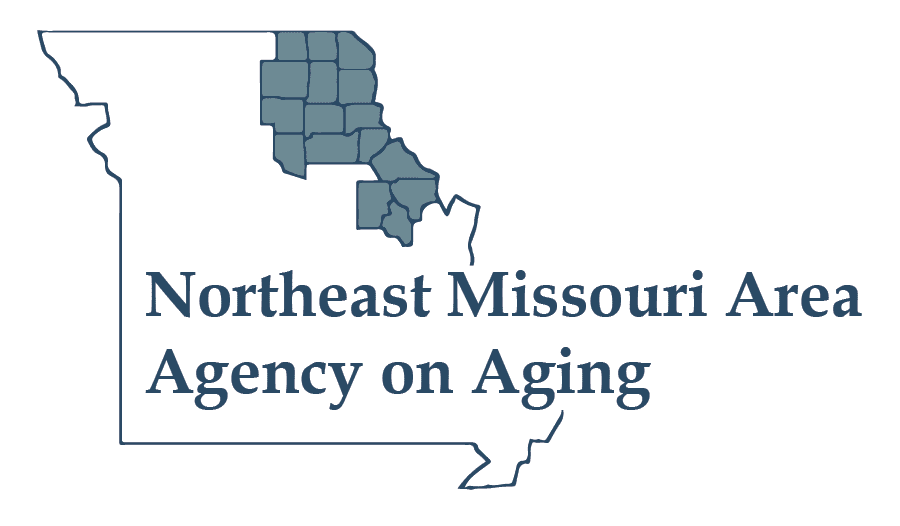June is National Elder Abuse Awareness Month, a time to shine a light on this serious social problem. Millions of older adults experience some form of abuse each year, and it’s important to recognize the signs and take action.
Physical Abuse
Physical abuse involves intentionally causing bodily harm to an elder. This can include hitting, shoving, restraining, or using threats of violence. Common signs include unexplained bruises, fractures, burns, or other injuries. Be aware of sudden changes in behavior, such as withdrawal or fearfulness. If you suspect physical abuse, report it immediately to the authorities or an elder abuse hotline.
Emotional Abuse
Emotional abuse is the intentional infliction of emotional pain or distress on an elder. This can include verbal threats, insults, humiliation, intimidation, or isolating them from loved ones. Signs of emotional abuse can be subtle, such as sudden mood changes, withdrawal from social activities, depression, or anxiety. Emotional abuse can have a devastating impact on an elder’s mental well-being.
Sexual Abuse
Sexual abuse of an elder is any unwanted sexual contact or behavior. This can include sexual abuse, such as forced sexual acts or unwanted advances. Indicators of sexual abuse may include unexplained injuries in private parts of the body, discomfort discussing personal hygiene, or sudden changes in behavior. Sexual abuse is a serious crime, and open communication with the elderly is important. Encourage them to talk about and report any abuse.
Financial Exploitation
Financial exploitation occurs when someone misuses an elder’s money or assets for their own gain. This can involve stealing money or valuables, forging checks, pressuring them into changing their will or misusing their power of attorney. Be aware of sudden changes in an elder’s financial situation, unauthorized bank withdrawals, or unpaid bills. Resources such as trusted financial advisors and the Missouri Department of Health & Senior Services are available to help prevent and report financial fraud.
Neglect
Neglect occurs when a caregiver fails to provide an elderly person with necessities such as food, water, shelter, hygiene assistance, or medical care. Signs of neglect can include malnutrition, dehydration, poor hygiene, bedsores, or unsafe living conditions. If you suspect neglect, report it to the appropriate authorities.
Abandonment
Abandonment happens when a caregiver deserts an elder, leaving them without proper care or supervision. Signs of abandonment include an elder left alone for long periods, a lack of access to essential services, or living in uninhabitable conditions. Community support and intervention are necessary to address abandonment and ensure older people’s safety.
Elder abuse may affect seniors who are vulnerable due to poor health, dependence on others, and social isolation. Preventing elder abuse requires educating ourselves and building strong support networks for elders and caregivers. Community resources and hotlines are available to report suspected abuse and get help.
Understanding the types and warning signs of elder abuse can help us become vigilant protectors of our elders. According to the Missouri Department of Health and Senior Services, “Experts believe that for every case of adult abuse or neglect reported, as many as 23 cases go unreported.” If you notice one of these signs of abuse, make a difference. Make the call. Call 1-800-392-0210 for the Missouri Adult Abuse & Neglect Hotline. Additionally, engage with NEMO AAA, and together, let’s advocate for the well-being and dignity of our seniors. We can create safer and more supportive communities for our aging population. Contact us and make a difference today.

